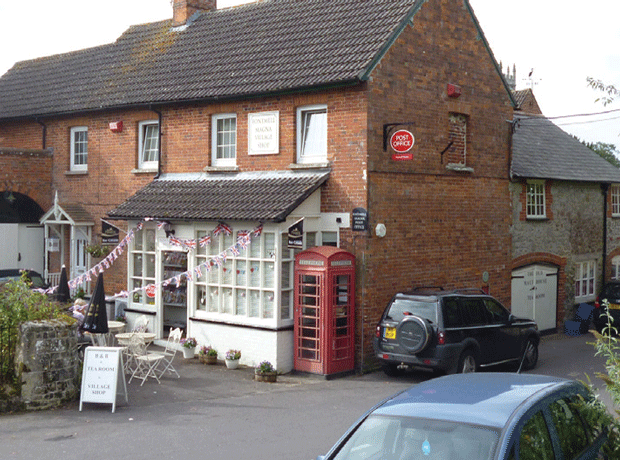The Association of Convenience Stores (ACS) has urged the government to adopt a four-prong remedy for the daily struggle its rural members endure to survive.
Its remedy comes with the publication of The Rural Shops Report 2017 today [Friday] in which the ACS calls for:
- A dedicated plan to ensure the government keeps its manifesto pledge to sustain 3,000 rural post offices
- Changing the business rates system so that rural petrol stations – not just small rural convenience stores – can benefit from rural business rate relief
- Addressing the lack of fast mobile data coverage in rural communities and delivering high-speed broadband for rural stores
- Ensuring all policy developments are rural proofed at a national and local level to make sure that the specific needs and interests of rural communities are considered.
The ACS’s report reveals that the UK’s 19,128 rural shops are often the only place where locals can buy essential goods and services.
It notes that almost 60% have no other retail or services business close by.
And it identifies that more than a fifth of rural shop owners work more than 70 hours each week and take no holiday.
James Lowman, ACS chief executive, said rural shops were facing increasing costs in many areas of their business, including rising wage rates for staff, revisions to the business rates valuation that penalised investment, and an uncertain future for the thousands of stores that ran post offices in isolated areas.
“For rural stores, they have to deal with these issues while also being hampered by a lack of fast mobile connectivity and unacceptable broadband capacity,” he said.
George Thomson, chief executive of the National Federation of SubPostmasters, said the UK’s 3,000-strong rural branch network fulfilled an essential social and economic role but the branches were often unprofitable and received a minimum level of public investment.
“We know there are pressures on the public purse. However, the government must be careful not to be overambitious in reducing the subsidy. We fear that too large a cut will result in many rural post offices being forced to close.”
Other key points highlighted in the ACS’s report include:
- A higher proportion of rural shops are in Wales than in any other part of the UK
- Rural convenience stores have invested £311m in their businesses over the past year, with rural symbols investing an average of £13,305 each and other rural independents £8,822
- 1% have prescription collection services
- 54% offer bill payment services
- 1% have key cutting services
- 3% offer dry cleaning
- 2% have a photo booth
- 20% offer click and collect or local grocery delivery
















No comments yet